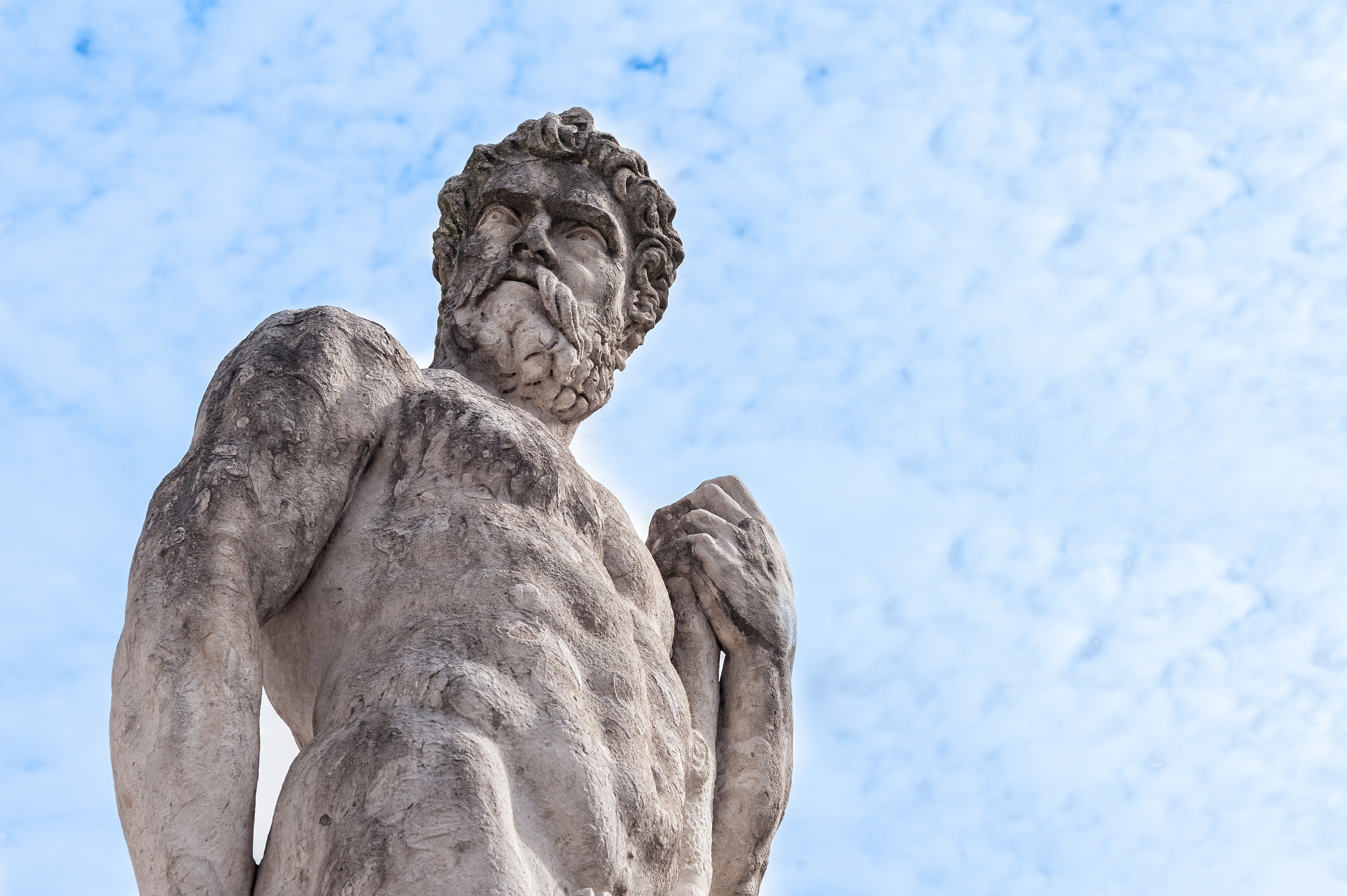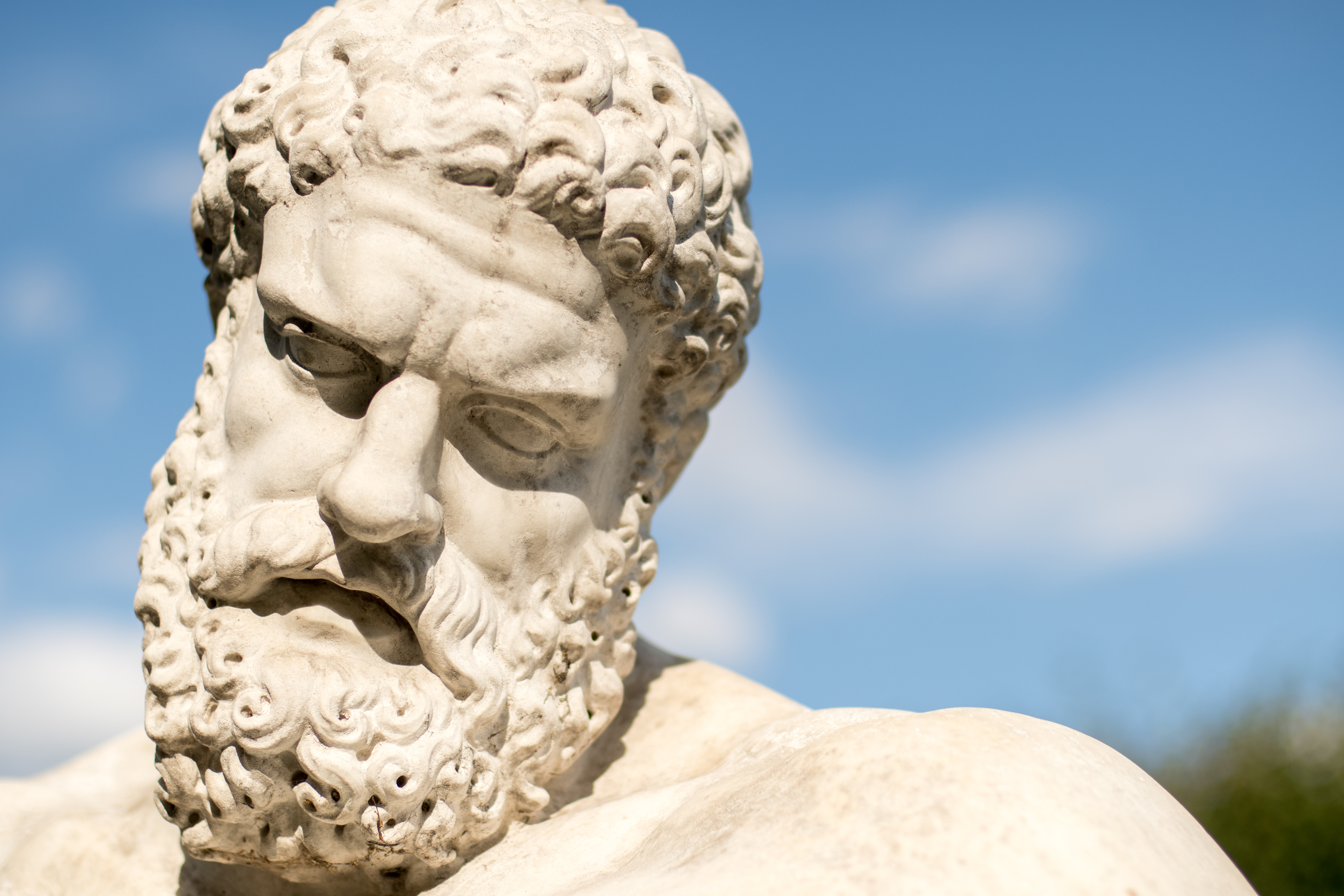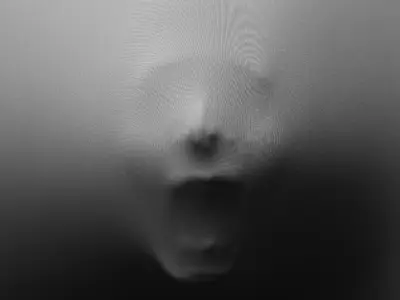Greek mythology is a treasure trove of stories filled with gods, goddesses, heroes, and demigods. These remarkable characters, born from the union of a god and a human, have fascinated us for centuries, embodying the bridge between the divine and the mortal.
Let’s explore the world of Greek demigods, uncovering their stories, powers, and the legends that have immortalised them in history.
Jump to:
- Who Are the Greek Demigods?
- How Are Demigods Born?
- Hercules: Strength Unmatched
- Perseus: The Slayer of Monsters
- Achilles: The Hero of the Trojan War
- Theseus: The Founder-Hero
- Jason: The Seeker of the Golden Fleece
- Atalanta: The Swift Huntress
- The Legacy of Greek Demigods
- Common Questions About Greek Demigods
Who Are the Greek Demigods?

At the heart of many Greek myths are the demigods, or "demi-gods," beings of incredible strength, courage, and often, tragic destinies. But what is a demigod? Simply put, a demigod is the child of a god and a human. This blend of mortal and divine gives them extraordinary abilities, yet they often live tumultuous lives marked by challenges and quests.
How Are Demigods Born?
The birth of a demigod is a tale of two worlds colliding. When gods from Mount Olympus found love or lust with mortals, their offspring were neither entirely divine nor purely human. These children were born with special gifts, ranging from superhuman strength to the power to control elements, making each demigod unique.
The 6 Most Powerful Demigods
There are many demigods and demigoddesses featured in Greek Mythology. Here are six of the most powerful and admired:
Hercules: Strength Unmatched
Perhaps the most well-known of all Greek demigods, Hercules, or Heracles, as he's known in Greek mythology, was the son of Zeus, the king of the gods, and Alcmene, a mortal woman. This unique lineage gave Hercules strength and abilities far beyond those of mortal men. His most famous exploits are the Twelve Labours, a daunting series of tasks assigned as penance—a journey that took him to the far reaches of the known world, battling monstrous creatures and performing near-impossible feats.
From slaying the Nemean Lion, whose hide was impervious to weapons, to capturing Cerberus, the three-headed dog guarding the gates of the Underworld, Hercules' labours tested every ounce of his strength, wit, and resolve.
What makes Hercules' story so enduring is his perseverance in the face of adversity. Despite being plagued by the wrath of Hera, Zeus' wife, and facing numerous trials that would have daunted any soul, Hercules' determination never wavered. His legacy is a testament to the idea that true strength comes from within, embodying the virtues of bravery and perseverance against all odds.
Perseus: The Slayer of Monsters
Perseus is one of the earliest and most celebrated heroes of Greek mythology. The son of Zeus and Danaë, Perseus' very birth was marked by prophecy and intrigue. His most notable achievement was the defeat of Medusa, the Gorgon with snakes for hair, whose gaze could turn any onlooker to stone. Armed with gifts from the gods, including Hermes' winged sandals, Hades' helm of invisibility, and a reflective shield from Athena, Perseus outwitted and beheaded Medusa, using her head as a powerful weapon in subsequent adventures.
Perseus’ journey from being an exiled infant is marked by many successes, including rescuing Andromeda from a sea monster and establishing the city of Mycenae. It’s a tale of courage, resourcefulness, and destiny. His story illustrates the quintessential hero's journey, overcoming seemingly insurmountable challenges through bravery, wisdom, and the support of the divine.
Achilles: The Hero of the Trojan War
Achilles is known as one of the greatest demigods of all time. The son of the Nereid Thetis and the mortal king Peleus, Achilles was said to have been dipped in the River Styx by his mother, making him invulnerable everywhere except for his heel. His skills as a warrior were unmatched, making him a key figure in the Trojan War, as depicted in Homer's Iliad.
Achilles' story is one of unmatched heroism and profound tragedy. His wrath following the death of his close friend Patroclus, his killing of Hector, and his eventual death due to an arrow wound to his heel highlight the dual nature of demigods as both powerful and susceptible to fate. Achilles’ legacy reflects on the themes of glory, honour, and the fleeting nature of life, a reminder that even the mightiest can have vulnerabilities.
Theseus: The Founder-Hero
Theseus is another monumental figure in Greek mythology, known for his intelligence, bravery, and role in shaping Athens' destiny. The son of Aegeus, the king of Athens, and either Poseidon or Aethra, depending on the story, Theseus' adventures include defeating the Minotaur in the labyrinth of Crete, a feat accomplished with the help of Ariadne's famous thread.
Theseus represents the ideal Athenian, embodying wisdom, courage, and the pursuit of justice; his life and deeds intertwined with the development and values of one of Greece's greatest cities.
Jason: The Seeker of the Golden Fleece
Jason’s tale is about adventure, leadership, and the quest for the Golden Fleece. As the leader of the Argonauts, a band of heroes, Jason's journey aboard the Argo is a seminal saga in Greek mythology.
His quest symbolises the trials and tribulations of pursuing a noble goal, confronting formidable foes like the harpies and the dragon that guarded the fleece. Jason's story, filled with challenges, betrayals, and fleeting triumphs, explores themes of loyalty, courage, and the complexities of human desires.
Atalanta: The Swift Huntress
A unique figure among Greek demigoddesses, Atalanta was a renowned huntress and the favoured of Artemis, the goddess of the hunt. Her stories are notable for her extraordinary speed and prowess and her determination to control her destiny in a male-dominated world.
From her participation in the Calydonian Boar hunt to her footrace against suitors, where she was ultimately outwitted by Hippomenes with the help of Aphrodite, Atalanta's legend speaks to themes of independence, the struggle against societal expectations, and the transformative power of love.
The Legacy of Greek Demigods

The legacy of Greek demigods stretches far beyond the ancient texts and temples where they were first celebrated. These tales have endured for millennia, continuously inspiring art, literature, philosophy, and culture across every corner of the globe. They are a rich tapestry that reflects the complexities of the human condition—our struggles, triumphs, fears, and desires. With their heroic deeds and tragic flaws, Greek demigods serve as a mirror to our own world, offering insights into our nature and the societies we build.
Their stories resonate because they embody the eternal quest for meaning, identity, and purpose. In the challenges faced by Hercules, the cunning of Odysseus, and the bravery of Achilles, we see reflections of our potential for greatness and vulnerability. These characters teach us about resilience in the face of adversity, the importance of wisdom over strength, and the value of humility amidst our achievements.
Moreover, the legacy of Greek demigods transcends the boundaries of time and culture, influencing modern narratives in movies, books, and plays, proving that the human fascination with these intermediary figures between gods and mortals remains undiminished. They encourage us to question, strive, and imagine how we might face the labours of our own lives with a hero's heart.
Common Questions About Greek Demigods
Are Demigods Real?
While the existence of demigods belongs to the world of mythology, their stories carry real-life lessons of courage, resilience, and the quest for identity. They remind us of the potential for greatness within each of us, the blend of human limitations and the spark of something more.
Can Demigods Date?
While myths primarily focus on their quests and battles, there are stories of demigod romances. For instance, the love stories of Orpheus and Eurydice, and Pygmalion and Galatea, though more about love's power than the day-to-day of demigod dating, illustrate that love—whether between demigods, gods and mortals, or any combination—plays a significant role in Greek mythology. These relationships often highlight the complexities of divine-human interactions, blending the mortal's vulnerability with the divine's eternality.
Do Greek Demigods Age?
While they possess incredible strength and divine powers, demigods are mortal and subject to ageing. However, their divine heritage can grant them certain advantages, such as prolonged youthfulness and vitality beyond that of ordinary humans. Stories suggest that demigods could live much longer than mortals but were not immune to death, either by natural ageing or, more commonly, in battle or as a result of their heroic endeavours.
Is Gilgamesh a Demigod?
Gilgamesh, the main character in one of the earliest works of literature, the "Epic of Gilgamesh," is often considered a demigod. He was considered two-thirds god and one-third human, making him an extraordinary figure in ancient mythology. Though not part of Greek mythology but rather Mesopotamian, Gilgamesh's story shares many themes with those of Greek demigods, including the quest for immortality and the struggle with the concept of mortality.
What Happens When a Demigod Dies?
The fate of a demigod after death varies across myths. Some were believed to be granted a place in Olympus or other divine realms due to their deeds and divine parentage. Others, like Achilles, were honoured with a hero's burial and immortalised in the stars or through stories passed down through generations. The afterlife for demigods often reflects their lives: complex, filled with both rewards and penalties, underscoring their position between the mortal and the divine.
How Are Demigods Chosen?
The birth of a demigod isn't so much about being chosen as it is the consequence of the union between a god and a mortal. These unions could result from love, lust, trickery, or even a god's whim. The resulting children were born demigods, inheriting traits and powers from their divine parent. Though often grand, their destinies came with their own set of challenges and trials designed to test their heroism and worth.
Who is the Fastest Greek Demigod?
While many demigods demonstrated exceptional abilities, Hermes' son, Autolycus, could be considered among the fastest, inheriting a portion of his father's speed. However, Hermes himself is a god, not a demigod. Among true demigods, Atalanta is best known for her speed, being the fastest mortal woman and a match for any man in Greece until she was tricked with golden apples.
What if Two Demigods Have a Child?
While specific stories focusing on demigod offspring are rare, the concept suggests a blending of powers that could result in a being of exceptional strength or ability, perhaps even rivalling that of the gods themselves in some aspects. However, the myths primarily explore the immediate offspring of gods with mortals, leaving the further generations to speculation and imagination.
Recommended for you!
Best SellersExplore the Mysteries of Greek Mythology with Centre of Excellence
Dive deep into the enchanting world of heroes, gods, and mystical beings with our Greek Mythology Diploma Course, crafted to bring ancient legends to life.
Why Centre of Excellence?
- Accessibility: Education is a right, not a privilege. This belief drives us to offer our courses at prices that welcome everyone, embracing inclusivity at every step.
- Flexibility: Life's busy, but your thirst for knowledge shouldn't take a backseat. Our courses are structured to fit around your schedule, enabling you to learn at your own pace, in your own space.
- Diverse Curriculum: From the heroic exploits of Hercules to the cunning of Odysseus, our course covers the breadth of Greek mythology. Whether you're a mythology buff or new to the pantheon, there's something here for you.
- Supportive Community: Enrolling in our course means joining a family. With access to dedicated tutor support and a vibrant learner community, you're never alone on your educational journey.
Special Invitation
We're excited to offer our Greek Mythology Diploma Course at the extraordinary price of £29, saving you over £100!












